Selling online in Nigeria can feel like a big headache, especially when you don’t know where to start. You’ve great products sitting in your shop, people are asking, “Do you do payment on delivery?” but you’re still stuck handling sales through WhatsApp and Instagram DMs. Sounds familiar?
If you’re tired of chasing customers in the DMs or you want to take your business online properly, you’re in the right place. In 2025, selling online is no longer just for “big brands.” With the right online store provider or marketplace, you can start selling from the comfort of your home and get paid without stress.
In this article, I will be listing 20 trusted online store providers in Nigeria, where you can sell your products online. Whether you want to own a full website of your own or just an account on a marketplace to sell your products this article covers them all. Let’s go

Factors to Consider When Selling Online in Nigeria
Before you jump into choosing an online store provider or a marketplace, there are a few things you need to consider. Selling online in Nigeria is not just about putting your products online—it’s about making sure customers trust you, find you easily, and can pay without stress. Here are five key factors to think about:
1. Payment Options & Ease of Transactions
Customers buying online like convenience. Few refer card payments, others trust bank transfers, and some still want “pay on delivery” (even though we all know that one comes with plenty of risks). Whichever platform you choose, make sure it supports multiple payment methods to avoid losing customers at checkout.
2. Delivery & Logistics
“Do you do delivery?” is one question you’ll hear over and over again. Before picking a platform, check if they offer built-in delivery services or if you’ll need to handle logistics yourself. Fast and reliable delivery can make or break your online business.
3. Customer Trust & Seller Protection
Scammers full everywhere, and customers are extra cautious these days. If you’re using a marketplace, check their seller protection policies. If you’re setting up your own store, invest in trust signals like a professional website, verified payment gateways, and customer reviews to boost credibility.
4. Marketing & Visibility
Having your products online is just step one. How will customers find you? Some platforms help promote your store, while others leave marketing entirely to you. If you’re on a marketplace, check if they offer ads or promotions. If you’re creating your own store, be ready to push your business using social media, SEO, and online ads.
5. Platform Fees & Charges
Nothing is truly free. Some online store providers charge a monthly fee, while marketplaces take a cut from every sale. Before signing up, compare the costs—transaction fees, subscription fees, and hidden charges—so you’re not caught off guard later.
List of Online Store Providers in Nigeria
These platforms allow you to create your own branded online store, manage your inventory, and accept payments easily. You can check out our latest blog post on how to do this step by step. Create your online Store in 2 Minutes
QShop.Tech
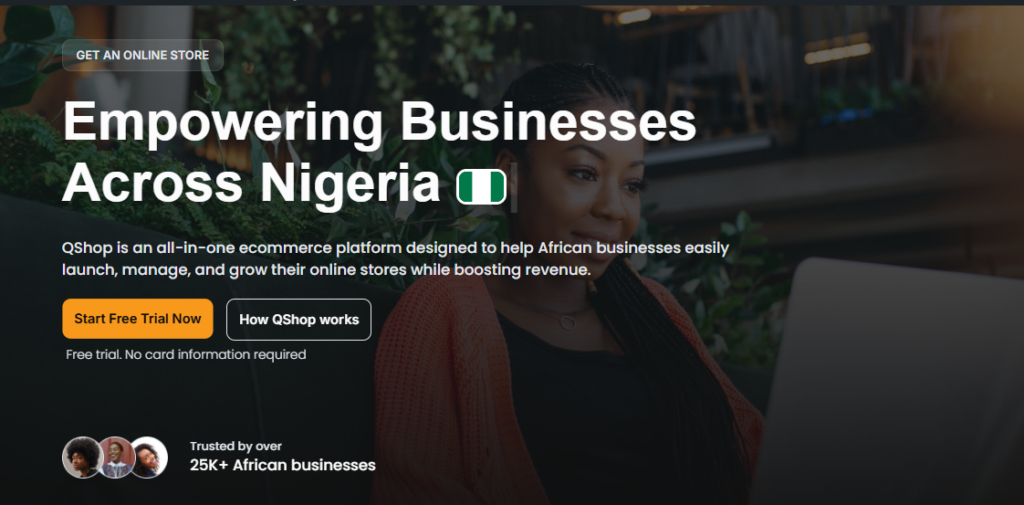
QShop is the perfect Online store provider for small businesses in Nigeria. Unlike other online store builders that are not tailored for the Nigerian market, QShop is built specifically for African entrepreneurs, making it the best choice for business owners who want an easy, powerful, and cost-effective online store. When it comes to giving small businesses everything they need to sell online effortlessly, QShop is in a league of its own. Whether you’re selling fashion, food, gadgets, or even digital products, QShop provides a complete online store solution without the headache of complicated setups.
Why Choose QShop?
Instant Store Setup – No Tech Skills Needed
Starting your online store on QShop is fast and easy. You don’t need coding skills or a web developer—just sign up, list your products, and start selling.
Multiple Payment Options – No Extra Integrations Needed
One of the biggest struggles for online sellers in Nigeria is payment processing. QShop solves this by supporting multiple payment gateways, including:
- Paystack, Stripe and Flutterwave (for local and international transactions).
- Bank Transfers (for direct payments).
- Pay on Delivery (for seamless checkout).
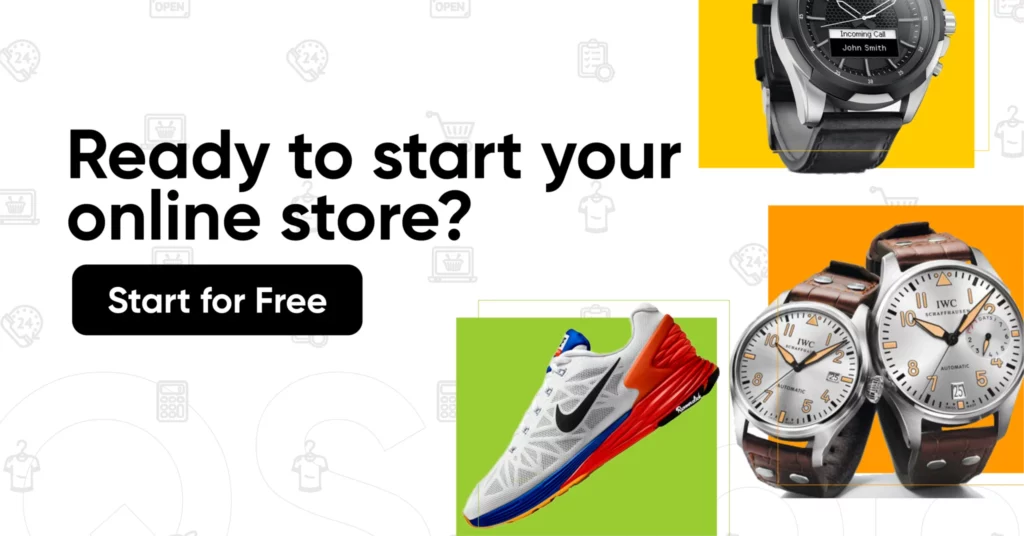
Built-in Marketing Tools to Boost Sales
Unlike other platforms that require third-party plugins, QShop comes with free built-in tools to help you sell more, including:
- Abandoned Cart Recovery – Automatically reminds customers to complete their purchase sending both email and whatsapp notifications.
- Discount Coupons & Promo Codes – Run promotions to attract more buyers.
- SEO Optimization – Your store is structured to rank well on Google.
Smooth Order & Inventory Management
Managing your products and orders is super easy with QShop’s automated inventory tracking and order notifications. You’ll always know when to restock and never miss a sale.
Supports Both Physical & Digital Products
Whether you sell fashion, food, electronics, or digital items like e-books or courses, QShop is designed to handle both product types effortlessly.
Local & International Shipping Options
QShop partners with trusted logistics companies like GIG, Speedaf, DHL and many others to provide reliable delivery options. You can offer nationwide and international shipping, making it easier for customers to buy from you.
Supports Multiple Currencies
Whether you want to sell in USD, NGN, GHS, or any other currencies QShop allows you to. QShop supports over 11 different countries making international sales seamless without the conversion stress.
Zero Commission on Sales
Unlike Jumia, Konga, and other marketplaces that take a percentage of your sales, QShop lets you keep every naira you earn. There are no hidden fees—just an affordable subscription plan.
Best For: business owners who want full control over their online store, no commission fees, and powerful sales tools to grow their business.
Downsides:
- ❌ Not a Marketplace – Unlike Jumia or Konga, you have to drive your own traffic. However, QShop provides marketing tools to help with this.
- ❌ Subscription-Based – While QShop offers a free plan, premium features require a paid subscription.
Flutterwave Store
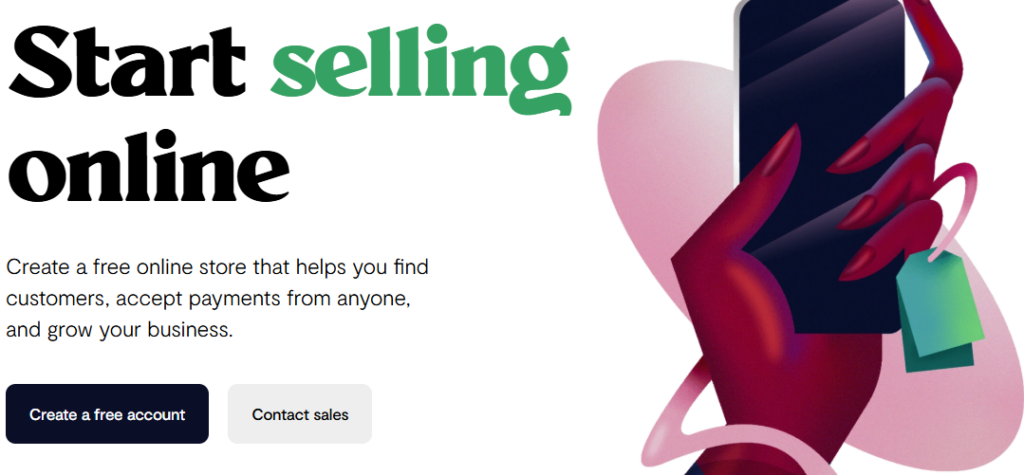
Flutterwave Store is a simple zero-code online store solution from Flutterwave, one of Nigeria’s biggest payment platforms. If you already use Flutterwave for payments, setting up a store here is fast and easy.
Why Choose Flutterwave Store?
- ✅ Fast & Free Setup – No subscription fees; just sign up and start selling.
- ✅ Seamless Payment Integration – Works smoothly with Flutterwave’s payment system.
- ✅ Supports Digital Products – Perfect for selling e-books, courses, and tickets.
Downsides:
- ❌ Limited Customization – Unlike QShop or Shopify, you can’t tweak the design much.
- ❌ Mostly Payment-Oriented – More of a checkout solution than a full e-commerce store.
Paystack Storefront

Paystack Storefront is another hassle-free way to sell online. It’s designed for businesses that already use Paystack for payments and want a simple store.
Why Choose Paystack Storefront?
- ✅ Instant Setup – No website required; just create a storefront and start selling.
- ✅ Multiple Payment Options – Accepts cards, bank transfers, and more.
- ✅ Optimized for Mobile Buyers – Smooth experience for customers shopping via mobile.
Downsides:
- ❌ Basic Features – No advanced e-commerce tools like abandoned cart recovery.
- ❌ Limited Store Customization – Similar to Flutterwave Store, it lacks deep branding options.
Shopify Store
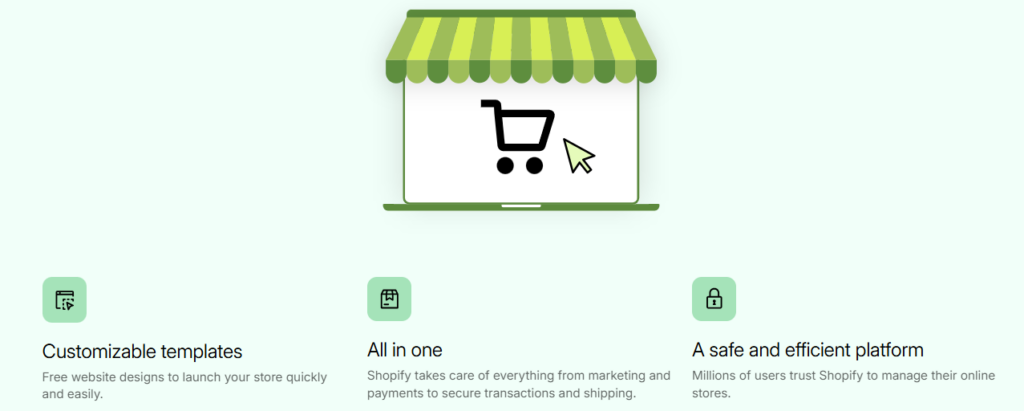
Shopify is a global e-commerce platform that supports Nigerian businesses. It offers more customization and powerful features, making it a great choice for businesses looking to scale.
Why Choose Shopify?
- ✅ Highly Customizable – Choose from thousands of themes and plugins.
- ✅ Powerful E-Commerce Features – Inventory management, analytics, and marketing tools.
- ✅ Works with Nigerian Payment Gateways – Supports Paystack and Flutterwave for local payments.
Downsides:
- ❌ Expensive Monthly Fees – Plans start from $29/month.
- ❌ Not Nigeria-Specific – Unlike QShop, Shopify wasn’t built for the Nigerian market.
Wix eCommerce
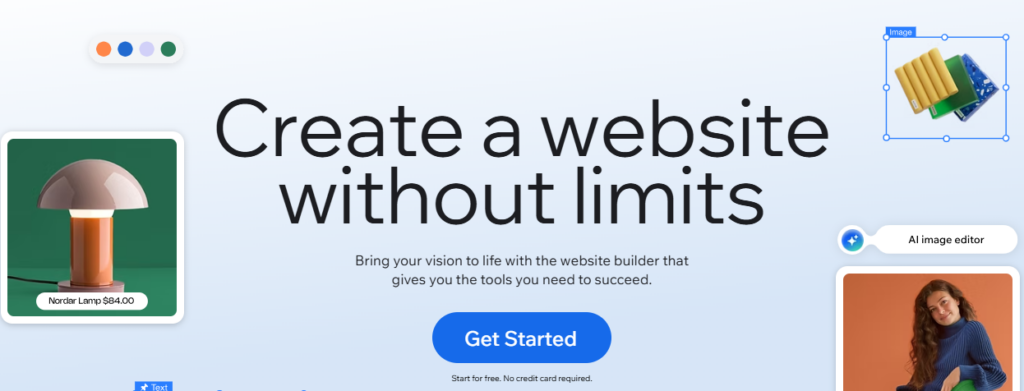
Wix is known for its easy website-building tools, and its eCommerce platform allows businesses to sell online with a beautifully designed store.
Why Choose Wix eCommerce?
- ✅ Beginner-Friendly – No coding required; just drag and drop elements.
- ✅ Custom Domains & Branding – Great for businesses that want full control over their brand.
- ✅ SEO & Blogging Features – Helps improve search engine rankings.
Best For: Businesses that want complete creative control over their store’s design.
Downsides:
- ❌ Limited Payment Options – Nigerian users may need third-party payment integrations.
- ❌ Higher Learning Curve – More features mean more time needed to set up properly.
Squarespace eCommerce

Squarespace is another website builder with e-commerce features, best known for its visually stunning designs.
Why Choose Squarespace?
- ✅ Premium Design Templates – Perfect for luxury brands, fashion, and creative businesses.
- ✅ Built-In SEO & Marketing Tools – Helps businesses grow organically.
- ✅ Supports Digital & Physical Products – Sell everything from art to services.
Best For: Fashion, beauty, and premium brands that prioritize aesthetics.
Downsides:
- ❌ More Expensive Than Wix – Subscription fees can be high.
- ❌ Limited Payment Support in Nigeria – Requires Paystack/Flutterwave integration.

Best Marketplaces for Selling Online in Nigeria (2025)
If you don’t want to manage a full online store and would rather list your products on an existing platform with ready-made traffic, then marketplaces are your best option. These platforms handle payments, customer trust, and in some cases, even delivery—but they usually charge commission fees for every sale.
1. Jumia – Nigeria’s Largest E-commerce Marketplace
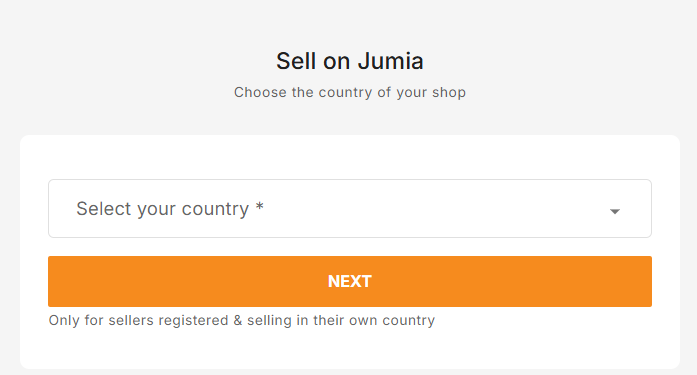
Jumia is the biggest online marketplace in Nigeria, attracting millions of customers every month. It’s ideal for businesses looking for high visibility and structured logistics support.
- ✅ Delivery: Jumia offers Jumia Express, where they handle storage, packaging, and shipping for vendors. You can also choose to handle delivery yourself.
- ✅ Payment Methods: Customers can pay via JumiaPay, bank transfer, debit cards, and cash on delivery (for selected locations).
- ✅ Commission Fees: 5% – 20%, depending on product category.
- ✅ Transaction Fees: 1% per transaction.
- ✅ Ad Support: Yes. Jumia has Jumia Sponsored Ads, where sellers can pay to promote their products. Prices vary based on ad type and placement.
Best For: Businesses looking for a high-traffic platform with logistics support.
2. Konga – Jumia’s Biggest Competitor with More Vendor Support
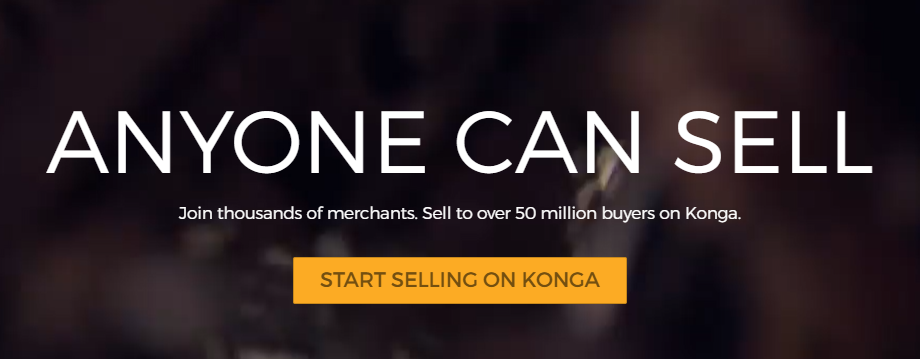
Konga is similar to Jumia, but it provides better vendor support and less strict commission structures.
- ✅ Delivery: Konga has Konga Express, a logistics service for vendors who want seamless delivery.
- ✅ Payment Methods: Accepts bank transfers, KongaPay, cards, and cash on delivery.
- ✅ Commission Fees: 3% – 15%, depending on the product category.
- ✅ Transaction Fees: 1.5% per transaction.
- ✅ Ad Support: Yes. Konga offers Konga Sponsored Ads for vendors to promote their products.
Best For: Sellers who want a marketplace with better vendor support and lower commissions.
3. Facebook Marketplace – Best for Local Buying & Selling
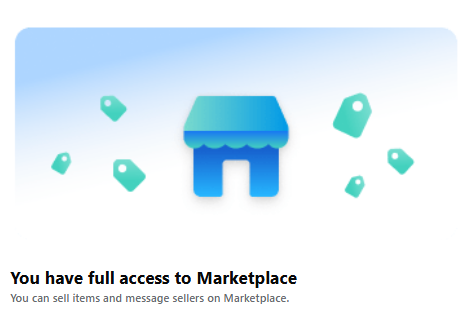
Facebook Marketplace is great for direct selling locally. You can access the market place right from your facebook account, It’s free to list products, and you can negotiate directly with buyers just like chatting on Facebook.
- ✅ Delivery: No built-in delivery; sellers must arrange it themselves.
- ✅ Payment Methods: Bank transfers, mobile money, and cash in person. Facebook doesn’t process payments in Nigeria.
- ✅ Commission Fees: 0% (No selling fees).
- ✅ Transaction Fees: None.
- ✅ Ad Support: Yes. You can run Facebook Ads to promote your listings.
Best For: Sellers who want zero commission fees and direct negotiations with buyers.
4. Jiji.ng – Best for Classified Ads & Second-Hand Items
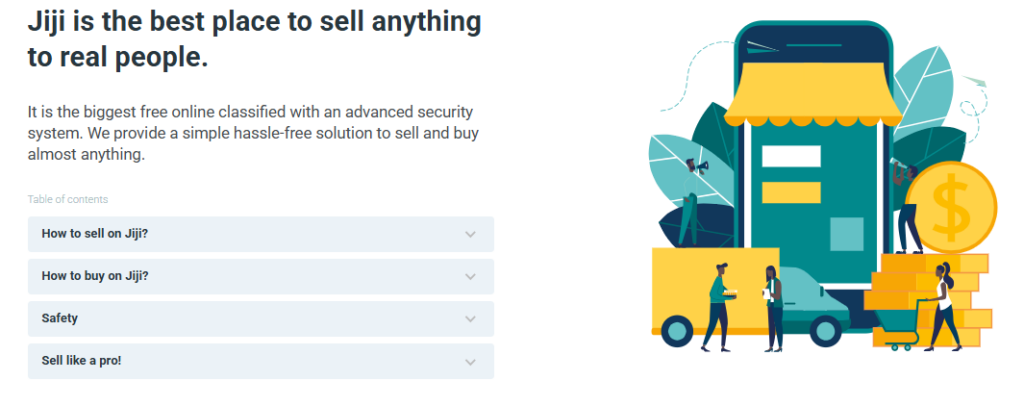
Jiji is a classified ads platform where individuals and businesses can sell new or used items.
- ✅ Delivery: No built-in delivery; sellers must handle it.
- ✅ Payment Methods: Direct negotiations with buyers (bank transfer or cash).
- ✅ Commission Fees: 0% (No commissions, just listing fees for premium sellers).
- ✅ Transaction Fees: None.
- ✅ Ad Support: Yes. Jiji has premium listings and ad placements, starting from ₦1,500 per week.
Best For: Businesses selling second-hand or negotiable-price items.
6. Vconnect – Business Directory with Marketplace Options
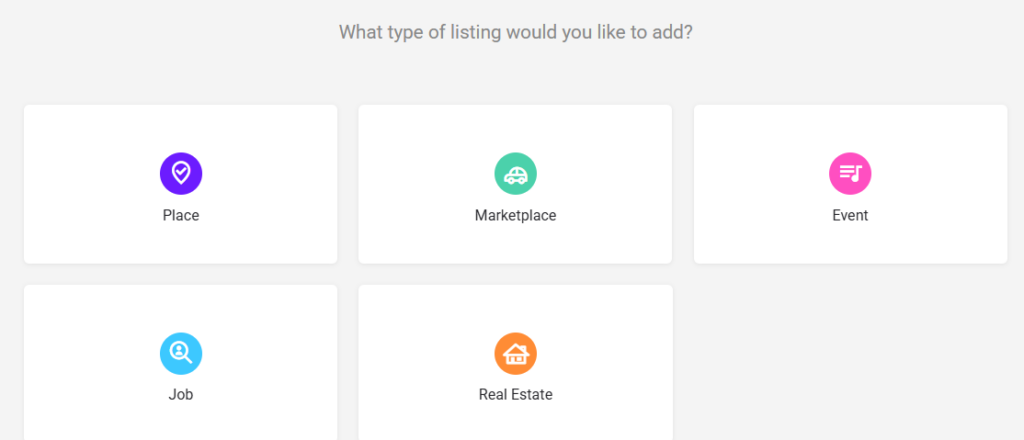
Vconnect is mainly a business directory, but it also allows businesses to list and sell products.
- ✅ Delivery: No direct delivery service.
- ✅ Payment Methods: Bank transfer, mobile money.
- ✅ Commission Fees: Varies based on vendor subscription.
- ✅ Transaction Fees: Depends on seller plan.
- ✅ Ad Support: Yes, offers promoted listings for higher visibility.
Best For: Service-based businesses and niche sellers.
9. AliExpress Nigeria Sellers – Best for Dropshipping

AliExpress allows Nigerians to sell internationally.
- ✅ Delivery: Sellers arrange their own shipping.
- ✅ Payment Methods: AliPay, cards, and bank transfers.
- ✅ Commission Fees: 5% – 8% per sale.
- ✅ Transaction Fees: 1% – 3% per transaction.
- ✅ Ad Support: Yes, through AliExpress Ads.
Best For: Sellers who want to dropship products globally.
10. Kara – Electronics-Focused Marketplace

- ✅ Delivery: Kara partners with logistics providers.
- ✅ Payment Methods: Bank transfers, cards.
- ✅ Commission Fees: 4% – 10% per sale.
- ✅ Transaction Fees: 1.5% per transaction.
- ✅ Ad Support: No official ads, but premium listings are available.
- Best For: Electronics and tech sellers.
11. Printivo Store – For Print-On-Demand Items
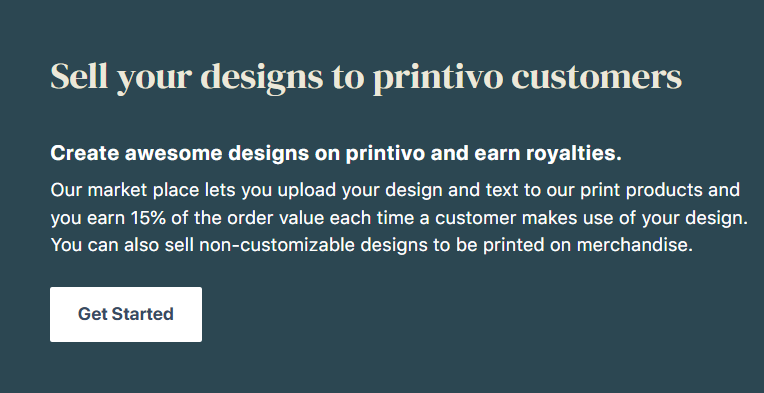
- ✅ Delivery: Printivo handles shipping.
- ✅ Payment Methods: Cards, transfers.
- ✅ Commission Fees: Varies based on product type.
- ✅ Transaction Fees: 2% per transaction.
- ✅ Ad Support: No dedicated ad program.
Best For: Customized & print-on-demand products.
14. Olist – Online Classified Platform
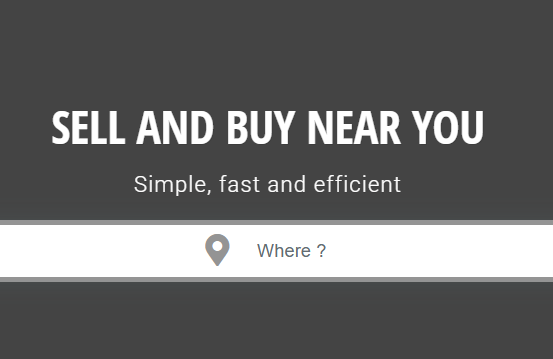
- ✅ Delivery: No built-in logistics.
- ✅ Payment Methods: Direct with buyers.
- ✅ Commission Fee: None.
- ✅ Transactions Fee: None.
- ✅ Ad Support: Yes, paid promotions are available.
Best For: Classified ad sellers.
Whether you choose an online store provider for full control or a marketplace for instant access to buyers, the goal is to sell smarter. For the best results, you can even combine both!
FAQs – Selling Online in Nigeria
1. What is the best online store provider in Nigeria for small businesses?
The best online store provider in Nigeria depends on your needs, but QShop stands out for its zero coding setup, free plan, multiple payment options, and seamless logistics integration. Other options include Flutterwave Store, Shopify, and Paystack Store.
2. Which marketplace is best for selling online in Nigeria?
If you want a large audience and built-in traffic, marketplaces like Jumia, Konga, Jiji, and Facebook Marketplace are great options. Jumia and Konga charge commissions but handle payments and logistics, while Jiji and Facebook Marketplace let you negotiate directly with customers.

3. How do I start selling online in Nigeria with no money?
You can start for free using platforms like QShop, Flutterwave Store, or Paystack Store, which allow you to set up a store without upfront costs. Social media platforms like Instagram and WhatsApp Business also help you sell without a website.
4. What are the cheapest online store providers in Nigeria?
If you’re looking for affordability, QShop, Flutterwave Store, and Paystack Store offer free plans with no monthly fees. Shopify and WooCommerce require additional costs for hosting and plugins.
5. How do I receive online payments in Nigeria?
Most online store providers and marketplaces in Nigeria support Paystack, Flutterwave, Monnify, and bank transfers Stripe. Other options like PayPal may require additional setup.
6. What are the best platforms for selling handmade products Online in Nigeria?
If you create handmade products, you can sell on QShop, Printivo Store (for print-on-demand), and Instagram (for direct marketing). QShop also lets you create a professional store for custom orders.
7. How much commission do Jumia and Konga take from sellers?
Jumia and Konga charge commissions between 5% and 20%, depending on the product category. Some categories, like electronics, have lower fees, while fashion and beauty have higher commissions.
8. Which online marketplace in Nigeria helps sellers with advertising?
Jumia and Konga offer paid ads to boost visibility, while Jiji has a featured ads option to rank your listings higher. Facebook Marketplace lets you run Facebook Ads to reach more buyers.
9. Can I do dropshipping in Nigeria?
Yes, platforms like Shopify support dropshipping. You can source products from AliExpress, local suppliers, or use print-on-demand services to sell without holding inventory.
10. What’s the fastest way to selling online in Nigeria?
If you want quick sales, list your products on Jiji, Facebook Marketplace, or WhatsApp Business where you can connect directly with buyers. For long-term sales growth, setting up an online store with QShop and using social media marketing is a great strategy.
At the end of the day, selling online in Nigeria is all about choosing what works for you. If you want full control over your store, platforms like QShop are solid options. If you’d rather tap into an existing audience, then Jumia, Konga, or Jiji might be a better fit.
No matter what you sell—fashion, gadgets, handmade items, or digital products—there’s a perfect platform for you. Just make sure you’re picking one that supports your business goals, offers seamless payments, and doesn’t eat too much into your profit with crazy fees.
The online business space in Nigeria is only getting bigger, so now is the best time to jump in. Pick a platform, start selling, and secure the bag!


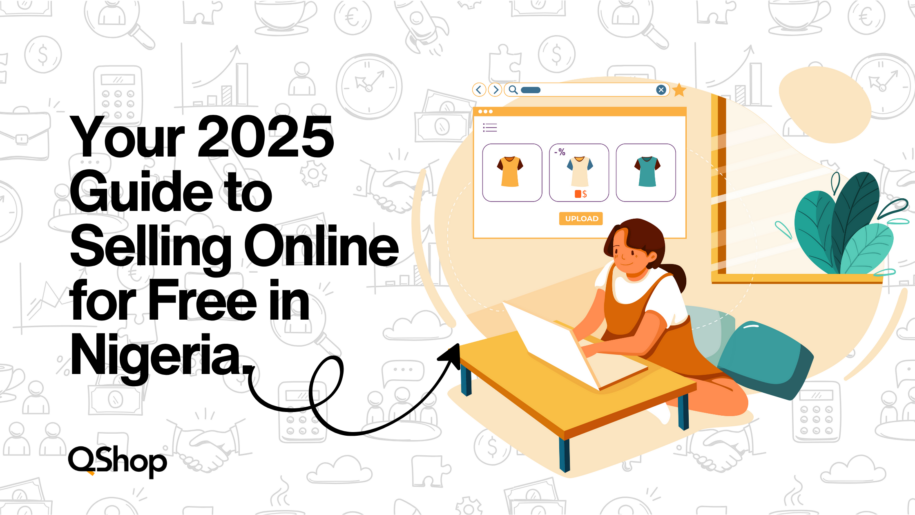
Leave a Reply
You must be logged in to post a comment.